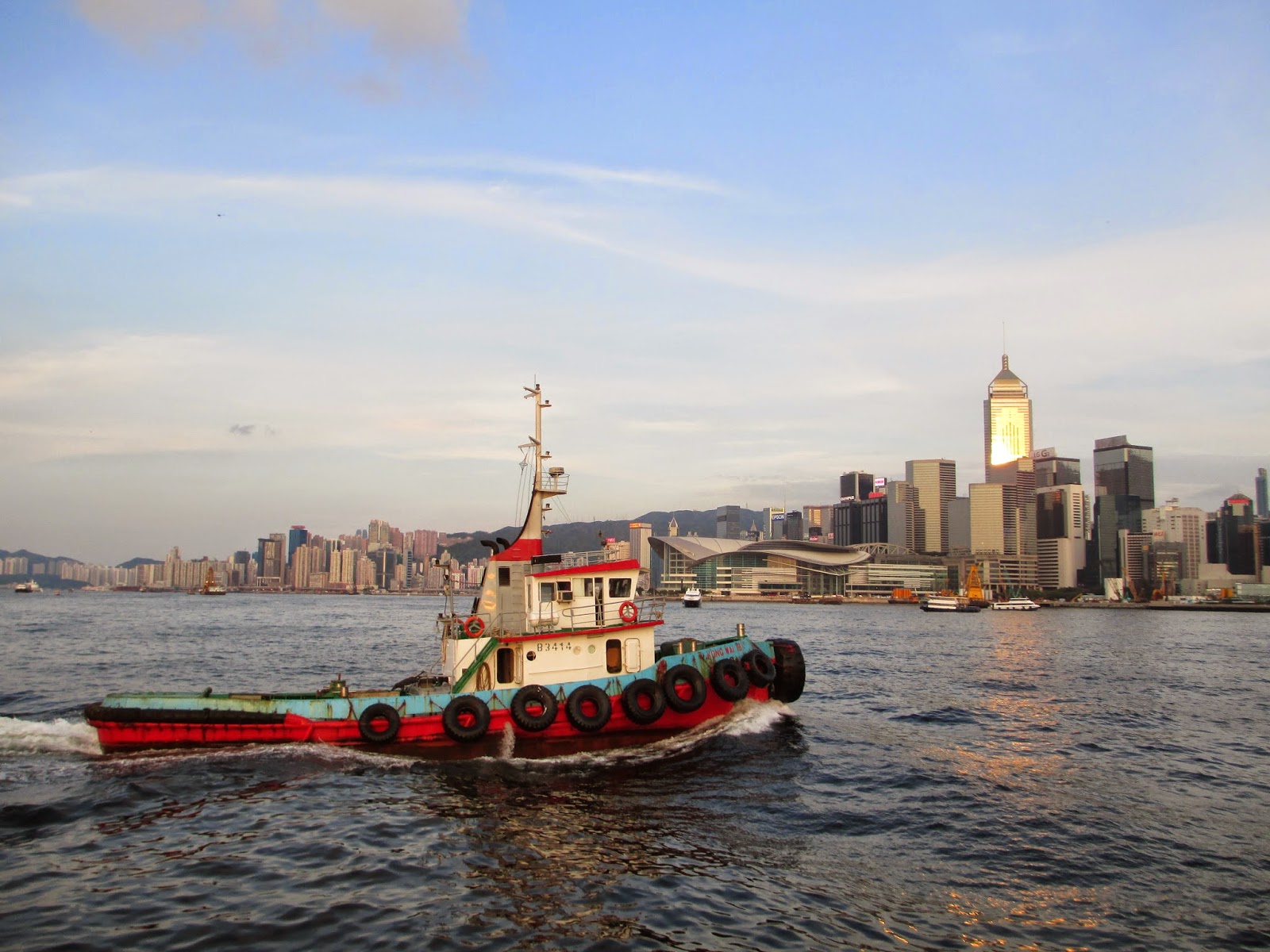You remember how I interrupted the tale of my Southeast Asia tour to tell you that A&R liked my query and wanted to see the full manuscript of Revival?
Well, they sent me this email on October 14:
Dear Mr. Post,
Thank you for submitting Revival to Ace / Roc. I apologize for the continued delayed response—but part of the delay was you were under consideration for longer! I appreciate the opportunity to read your submission, but I’m sorry to say that in the current crowded market, this does not sound to me like a book that we can make into a success.
Your novel shows potential in you; perhaps you should try to find an agent. A literary agent can be a great way to start on the road to publishing, as they can offer writing guidance and help you find the best publishing houses to submit your work to. THE WRITER’S MARKET (www.writersmarket.com) lists literary agents, as does PUBLISHERS MARKETPLACE at www.publishersmarketplace.com. SFWA (Science Fiction and Fantasy Writers of America) has information on finding reputable literary agents (and avoiding scams) at www.sfwa.opg/for-authors/writer-beware .
You can also look to find writer’s groups in your area, who can help you to develop your own writing.
We do wish you the best of luck with other publishers, and thank you again for thinking of us.
Regrets and best wishes,
The Editorial Staff
Ace/Roc Science Fiction & Fantasy
A rejection, yes. But as kind and encouraging a rejection as any aspiring writer could hope to receive.
It was also a wake-up call. I'd been mighty puffed up and hadn't realized it. I shouldn't have ignored Moonrat's advice to never submit without an agent.
It was also a seminal moment. This is the first time that I've ever been rejected and still felt that the work in question was worthwhile—that it wasn't a steamy pile of crap and should be burned to a crisp and scattered to the four winds. I haven't had the urge to go back and gut the story, rewriting and editing for endless hours until it's fit again for human eyes. It seems Ace & Roc just didn't think it was a paying proposition, that's all. That doesn't mean the work itself was irredeemably awful. It has potential.
Well, I guess you know what this means, folks. It's time for ol' Andy Post to square his shoulders, edit Novel #3, finish Novel #4, commence Novel #5...
...and wait to see what the editor at Baen Books says.
They've got my manuscript now too, remember? I sent it off to them in late June, when I thought that Ace & Roc would never get back to me. Baen's reporting time is 9-12 months, so I've got to sit on my laurels for a while.
But I won't be idle. I'll be writing short stories (a 1,600-word piece entitled "Emeritus" was sent to Daily Science Fiction last week) and working on the aforementioned novels. I look at my first rejection by a major publisher as a blessing in disguise. Thin disguise, in fact.
Oh, and in other news...it looks like Stephen King totally ripped off the title of my magnum opus for his next novel! Why, that ham. My idol has stabbed me in the back.
Postie out.

























.jpg)


















